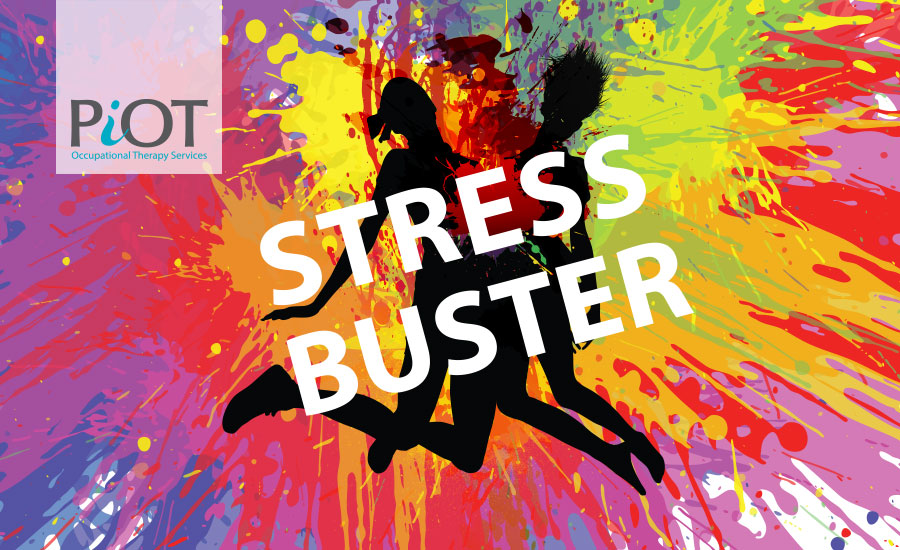
10 Sep You Got This! Try These 5 Instant Stressbusters.
Proudly, we are working together as a society to carry on through these unpredictable COVID-19 times. We have adapted well to previously unfamiliar routines, such as carrying hand sanitizer with us as regularly as we would carry our house keys.
It seems that we have a handle on what we need to do to adapt to the current situation, yet sometimes the sense of control eludes us, and we may, understandably, find ourselves panicky and stressed.
An article by Jenny Taitz, published in the NY Times, has some easy suggestions that can quickly restore your sense of balance and sense of control over your current situation.
Here are 5 instant stressbusters you can try.
- Music Medicine – Focusing on relaxing sounds reduces stress. In research spearheaded by Dr. Veena Graff, an assistant professor in the department of anesthesiology and critical care at the University of Pennsylvania, preoperative patients were assigned either to music medicine — listening to Marconi Union’s “Weightless” — or prescribed a benzodiazepine. Remarkably, serene music proved nearly as effective in easing patients’ jitters as the medication option, with no side effects.
- Cool Off – Immediately lowering your body temperature by creating a mini plunge pool for your face. This sounds odd, but it activates your body’s dive response, a reflex that happens when you cool your nostrils while holding your breath, dampening your physiological and emotional intensity. Fill a large bowl with ice water, set a timer for 15 to 30 seconds, take a deep breath and hold your breath while dipping your face into the water. While this isn’t conventionally relaxing, it will slow your heart rate, allowing blood to flow more easily to your brain.
- Pace Your Breathing – Paced breathing offers a host of physiological benefits, like reducing your blood pressure. Slow your breathing down to six breaths a minute by consciously inhaling and exhaling (to practice this timing, you can use a second hand and inhale for five seconds, exhale for five seconds, and repeat four times, or try a guided recording).
- Practise ‘Anchoring’ – Mindfulness, or learning to see more clearly as opposed to jumping to conclusions, is a nice remedy for anxiety. Start by physically centering yourself by digging your heels into the floor — this evokes a feeling of being grounded in reality. Then take a moment to observe: What am I thinking? Feeling in my body? Doing? Then ask yourself: Is my response: A) Helpful? B) Aligned with my values now? Or C) Related to future worries or a past problem? Stepping back to more generally decide if those thoughts are helpful can get us out of rumination mode.
- Hyperventilate – If you struggle with physical sensations of anxiety, like muscle tension and feeling like you can’t get enough air, a counterintuitive yet important way to manage is to practice bringing on those sensations in more quiet moments to improve how you tolerate stressful ones. Learning to repeatedly welcome physical symptoms allows you to stop seeing them as catastrophic. Replicating the other sensations associated with fear, like muscle tension, dizziness, and shortness of breath, can feel liberating. Rather than waiting for the feelings to catch you off guard, you can instead purposefully habituate yourself to them.
In unpredictable times, you may not be able to change what is happening around you, but you can learn to manage your reactions to the situation to restore your sense of calmness and control.
Contact us today to learn more about mental health and other stressbuster techniques!

